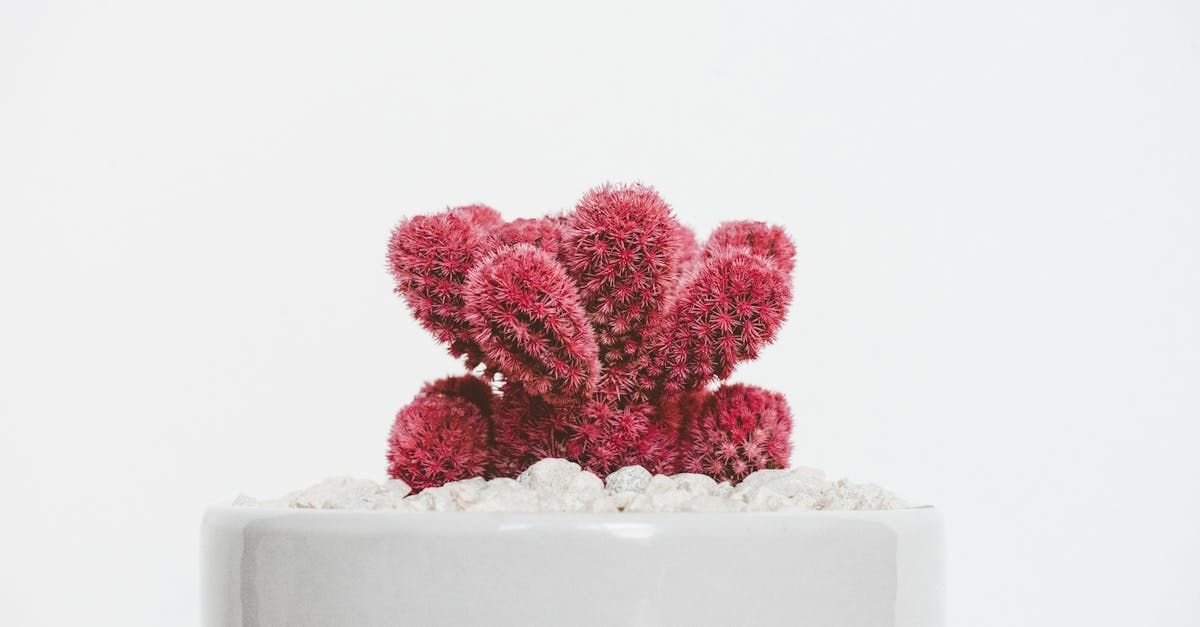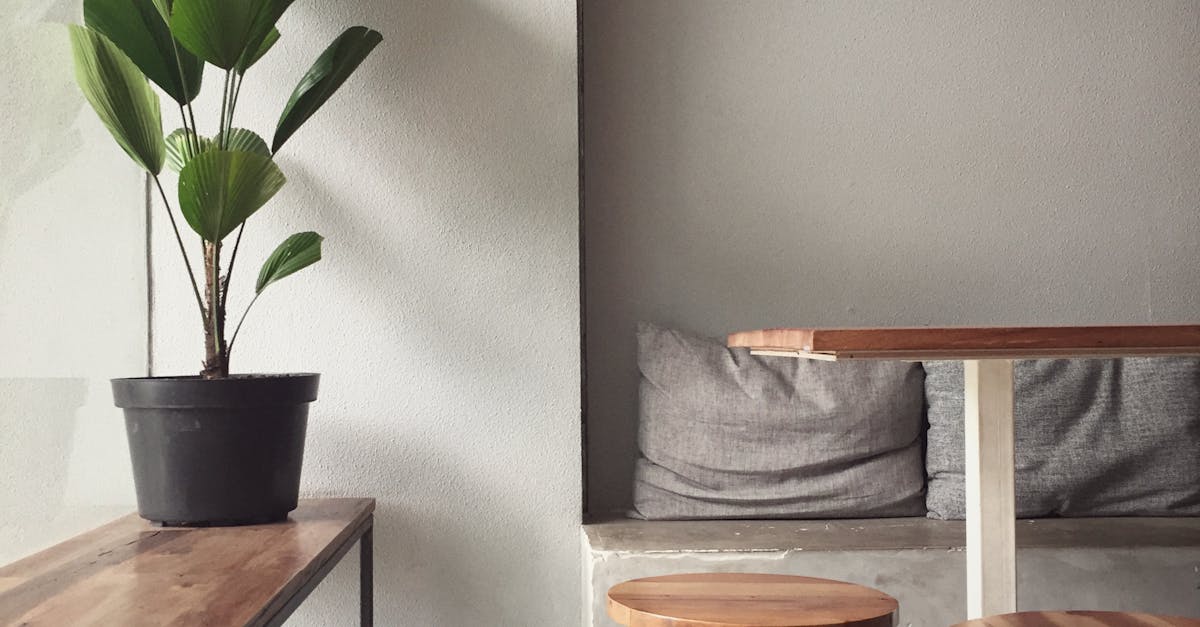In a world overflowing with possessions and distractions, many of us find ourselves yearning for a simpler, more intentional existence. Embracing Minimalist Living offers a refreshing perspective, allowing us to focus on what truly matters. By reducing the clutter in our lives, we create space not just physically, but also mentally and emotionally. This lifestyle encourages us to cherish experiences and relationships over material goods, ultimately leading to a fuller life. It’s about finding joy in simplicity and the profound impact it can have on our well-being.
Main Points
- Understanding the Benefits of Minimalist Living in today’s society.
- Exploring practical Minimalist Living Tips to declutter your life.
- Finding inspiration through innovative Minimalist Living Ideas.

The Core Principles of Minimalist Living: Cultivating Simplicity and Purpose
Embracing Minimalist Living is more than just decluttering; it’s a pathway to a more meaningful life. By stripping away excess, we uncover what truly matters. The essence lies in cultivating simplicity and purpose, which can lead to profound benefits. For those on this journey, consider the following tips:
- Minimalist Living Tips: Prioritize experiences over possessions.
- Benefits of Minimalist Living: Enhance mental clarity and reduce stress.
- Minimalist Living Ideas: Create a space that reflects your values.
Ultimately, Minimalist Living encourages us to be intentional with our choices, nurturing a richer life experience through simplicity.
How Minimalism Enhances Mental Clarity and Emotional Well-Being
Embracing a Minimalist Living approach can significantly improve mental clarity. When we eliminate excess physical clutter, our minds often reflect this newfound simplicity, allowing us to focus on what truly matters. This transition nurtures emotional well-being, as fewer distractions lead to reduced stress and anxiety. A serene environment fosters creativity, encouraging deeper reflections and connections. Consequently, adopting such a lifestyle promotes a clearer sense of purpose, ultimately enhancing both clarity and well-being.
Benefits of Minimalism
| Benefit | Impact |
|---|---|
| Minimalist Living | Increased focus |
| Reduced anxiety | Enhanced emotional stability |
| Creative freedom | New perspectives |
Practical Steps to Transition Towards a Minimalist Lifestyle
Embracing a Minimalist Living approach requires thoughtful consideration and commitment. First, assess your belongings; this means letting go of items that no longer serve a purpose in your life. Start small—perhaps in one room or closet. Next, establish a routine that prioritizes experiences over possessions, focusing on what truly matters. It’s essential to cultivate a mindset that values simplicity. Remember, transitioning to a Minimalist Living lifestyle isn’t about deprivation, but enhancing your overall well-being through intentional choices.
The Environmental Benefits of Embracing Minimalism in Daily Life
Adopting a Minimalist Living approach significantly contributes to environmental sustainability. By reducing our consumption, we inherently lessen waste production. This shift not only conserves natural resources but also minimizes the carbon footprint associated with excessive manufacturing. Moreover, living with fewer possessions encourages a deeper appreciation for quality over quantity. As we embrace simplicity, we also foster mindful choices that echo throughout our communities. In essence, minimalism nurtures both personal well-being and ecological health.
Key Environmental Advantages
- Waste Reduction: By opting for fewer items, we decrease landfill contributions.
- Resource Conservation: Minimalism promotes thoughtful consumption, preserving vital resources.
- Carbon Footprint Lowering: Less manufacturing means fewer emissions, aiding in climate change efforts.
Ultimately, integrating Minimalist Living principles shapes a healthier planet, encouraging us to cherish our surroundings while cultivating a fulfilling lifestyle.
Finding Joy in Less: How Minimalist Living Leads to Greater Fulfillment
In today’s fast-paced world, minimalist living offers a refreshing perspective on happiness. Embracing simplicity can lead us to discover genuine fulfillment hidden beneath the clutter of our lives. By prioritizing experiences over possessions, we feel lighter, both mentally and physically. Minimalist living encourages intentional choices that foster deeper connections with ourselves and others. While this lifestyle may seem daunting, its rewards are profound. Ultimately, finding joy in less allows us to appreciate what truly matters, nurturing a sense of purpose.
The Art of Choosing Wisely
Adopting a minimalist lifestyle invites us to reevaluate our priorities. Stripping away excess, we can focus on cultivating meaningful relationships and passions. This conscious effort can transform our perception of happiness, shifting it from material accumulation to the richness of experience. Embracing less makes room for more—more joy, more peace, and more clarity in our lives.
Conclusion
In embracing minimalism, many find a path to greater clarity and joy in their lives. This journey often leads us to prioritize what truly matters, allowing us to shed the unnecessary and focus on the essentials. Minimalist living can simplify our daily routines, creating space for meaningful experiences and deeper connections. We learn the value of quality over quantity, which helps us appreciate our surroundings and the people in our lives. Although the process may seem daunting at first, many discover a sense of freedom and peace that comes from decluttering both their physical spaces and mental load. Therefore, exploring minimalist living not only transforms our environment but also enriches our overall well-being, encouraging us to live with intention and gratitude.
Frequently Asked Questions
What is minimalist living?
Minimalist living is a lifestyle that emphasizes simplicity and the elimination of excess in various aspects of life, including possessions, commitments, and mental clutter.
How can I start practicing minimalism?
You can start practicing minimalism by decluttering your space, prioritizing your needs over wants, and focusing on experiences rather than material possessions.
Is minimalist living suitable for everyone?
While minimalist living can benefit many people by reducing stress and increasing focus, it’s important to tailor the approach to fit your personal lifestyle and values.
Can minimalist living save money?
Yes, minimalist living often leads to saving money by reducing spending on unnecessary items and focusing on only what is truly valuable or needed.
How does minimalism affect mental well-being?
Minimalism can enhance mental well-being by creating a more organized and peaceful environment, reducing anxiety caused by clutter, and promoting a mindset of gratitude and contentment.



